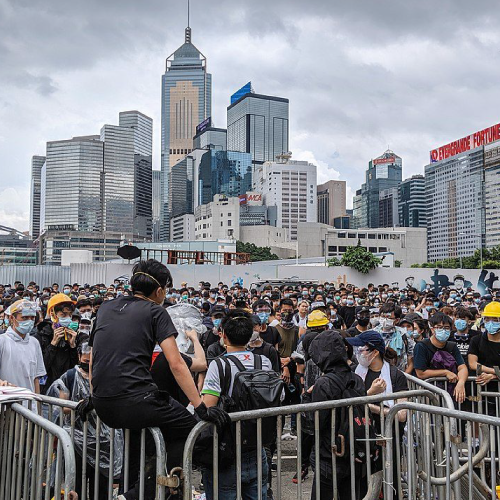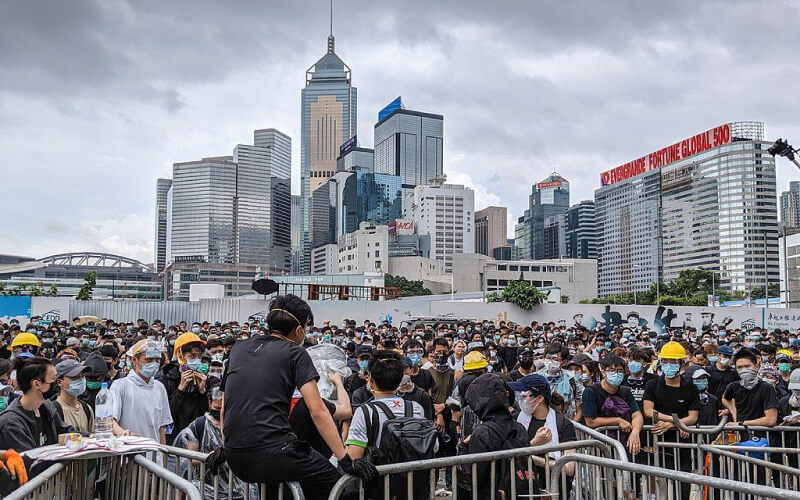But even this wariness can be understood in the context of local governance. To be frank: Hong Kong people do not believe their government is strong enough to defend their interests and rights, whether against Beijing, big business, or anyone else. It’s possible that Hong Kong people would accept closer integration with mainland China, if they were convinced the local government had their back.
How can we tell that everyone outside of Hong Kong is missing the point? International media and current residents talk about the protests completely differently. Foreign media constantly asks about the possibility of a violent crackdown. But most people in Hong Kong — including both foreign correspondents and commentators with very negative views of the Communist Party — see force as very unlikely.
The local discussion is about what the government, the police, and the protesters need to do.
It is about finding a workable and pragmatic package on democracy, and what radical reforms are needed with regard to affordable housing and other social ills. It’s a conversation about principles, politics, tactics, and responsibility. Even Beijing, insofar as it has said anything official about the situation, agrees that this is Hong Kong’s problem to solve.
The analogy to Hong Kong isn’t Hungary or Prague. It’s Bangkok, Ferguson, Seoul, Paris, and Puerto Rico: advanced economies where frustrations about governance come to a head. These protests sometimes work, and sometimes they don’t. But they are connected in that they are motivated by deep frustrations with governance.
And change is possible. Members of the pro-government establishment now readily admit that radical reform is needed. And after last Sunday’s march, the Hong Kong government again expressed its wish to “begin sincere dialogue with the public … when everything has calmed down.” Is change certain? No. Nor do we know whether change will go far enough.
But the chance is already greater now than it was three months ago.
If you see the problem as weak governance, then you can get to a solution where everyone is happy. The Hong Kong people get a strong, responsive, and accountable government. The international community preserves their global city. And Beijing gets a well-functioning city, which may end up as the greatest protector of Hong Kong’s autonomy.
But, just as importantly, Hong Kong should be a warning to advanced economies. Hong Kong was able to mask its problems with efficiency, and when protests erupted, the city has thus far managed to avoid the loss of life. This is a credit to all stakeholders in the city, and should provide the foundation upon which Hong Kong can be redesigned. The government has the tools, but needs to use them to create a more just society.
But the city is not the only place where a weak government not addressing pressing social issues can lead to large scale unrest. Will people in the United States, the United Kingdom, or Europe organize to demand better government? Is Brexit another example of a weak governance model? And how will their governments respond? We’ll have to wait and see.


























